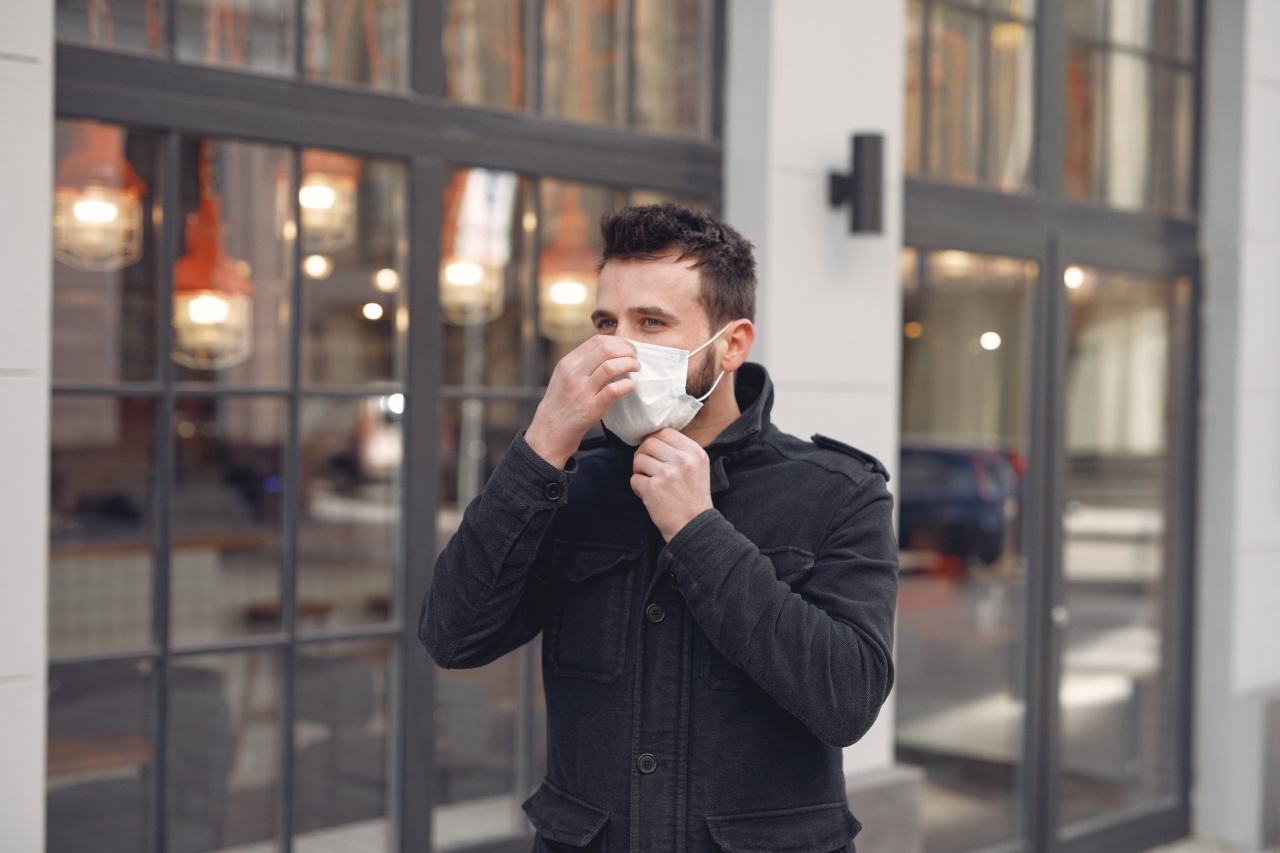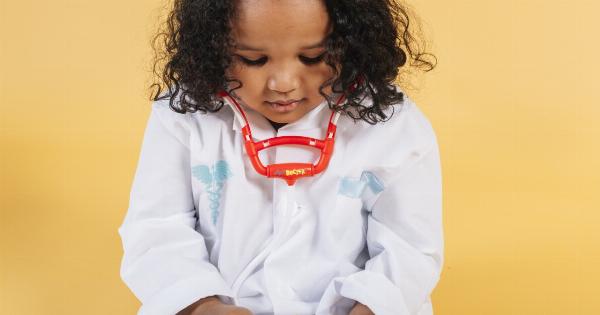A new study has found that babies born by caesarean section are more likely to develop allergies later in life.
The research, which involved analyzing data from over 8000 children, provides further evidence suggesting that the method of delivery has long-term implications on a child’s immune system.
The study, conducted by a team of scientists at the University of Eastern Finland, focused on the link between caesarean births and the development of allergies such as asthma, eczema, and hay fever.
The findings revealed that children delivered via c-section were 21% more likely to develop allergies compared to those born through natural vaginal delivery.
Understanding the Connection
There are a few proposed reasons behind the increased risk of allergies in children born via caesarean section.
One hypothesis is that exposure to the mother’s vaginal bacteria during a natural birth helps to colonize the baby’s gut with beneficial microbes. These microbes play a crucial role in the development and regulation of the immune system, potentially reducing the risk of allergies.
Another theory centers around the fact that babies born through c-section miss out on the squeezing and compression that occurs during a vaginal birth.
This process helps to expel fluid from the baby’s lungs, reducing the likelihood of respiratory conditions and potentially allergies.
Furthermore, some researchers believe that the hormonal differences between natural birth and c-section may also contribute to the increased allergy risk.
During a vaginal birth, the baby is exposed to various hormones produced by the mother, which helps to prepare the immune system for the outside world.
Promising Solutions
While the findings of this study may be concerning for expectant mothers planning to give birth by caesarean, there’s hope in potential solutions that could minimize the allergy risk for babies.
One approach being explored is the use of vaginal swabs or probiotics to transfer beneficial bacteria to infants born by c-section.
Preliminary studies have shown promising results, indicating that the introduction of maternal microbes shortly after birth can help establish a healthier gut microbial composition in c-section babies.
This could potentially lead to reduced allergy development and provide similar benefits as those delivered through natural birth.
Mothers’ Decision-making Process
It’s important to note that the choice of delivery method is a personal decision, influenced by various factors such as medical reasons, previous birth experiences, and maternal preference.
This study’s findings should not be interpreted as discouraging caesarean births in all cases.
Expectant mothers who have planned or are advised to have a c-section should discuss potential allergy risks with their healthcare providers.
Together, they can explore strategies to mitigate the chances of allergies in their children, such as the aforementioned vaginal swab technique or probiotic supplementation.
Long-term Follow-up
While this study highlights a link between caesarean births and an increased risk of allergies, further research is needed to better understand the mechanisms at play and explore potential long-term consequences.
It’s essential to conduct long-term follow-ups on the health and development of children born via c-section to gather more comprehensive data.
Additionally, investigating whether the increased allergy risk observed in this study persists into adulthood could be crucial in understanding the long-lasting effects of delivery methods on the immune system.
The Importance of Informed Decisions
Knowledge is empowering, and expectant mothers should be well-informed about the potential risks and benefits associated with different delivery methods.
By discussing these findings with healthcare professionals and considering all factors, mothers can make decisions that align with their own health, preferences, and the well-being of their baby.
Conclusion
While the correlation between caesarean births and an increased allergy risk is a cause for concern, it’s important to approach the topic with nuance and recognize that each birth experience is unique.
Further research and long-term follow-ups will contribute to our understanding of the impact of delivery methods on allergies and overall health.































